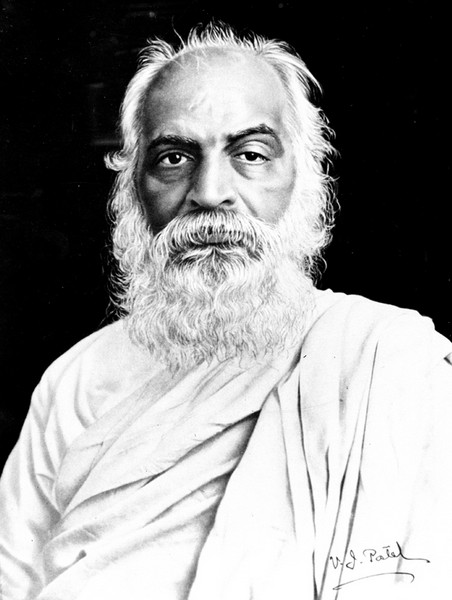Why in the News?
The Delhi Assembly has hosted a two-day All India Speakers’ Conference to mark 100 years since Vithalbhai Patel became the first Indian President of the Central Legislative Assembly, the precursor to today’s Parliament.

Who was Vithalbhai Patel?
- Early Life: Vithalbhai Jhaverbhai Patel (1873–1933), Elder brother of Sardar Vallabhbhai Patel; trained lawyer (studied law in England, practiced in Bombay).
- Political career:
- Member, Bombay Legislative Council (1912).
- Member, Imperial Legislative Council (1918).
- Elected to Central Legislative Assembly in 1924 from Bombay city.
- First Indian President of the Central Legislative Assembly (1925), equivalent to today’s Lok Sabha Speaker under British rule.
His Political Legacy:
- Associated with Swaraj Party (1923): Co-founded by him, Motilal Nehru, Chittaranjan Das, Subhas Chandra Bose, opposing Gandhi’s suspension of Non-Cooperation Movement.
- Strengthening Speaker’s Authority: Asserted that the Assembly President (Speaker) was paramount, even over the Viceroy inside the House.
- Parliamentary Security: Insisted on keeping Assembly security under Speaker’s control, even after Bhagat Singh’s 1929 bomb incident. This autonomy lasted until 2024 when CISF took over.
- Independent Parliament Secretariat: Established a staff system reporting only to the Speaker, ensuring independence from executive interference.
- Institution Builder: Motilal Nehru and Lala Lajpat Rai supported his push, leading to creation of a separate Legislative Assembly Department in 1929.
- Freedom Struggle Role: Critic of Gandhian withdrawal strategy; collaborated with Netaji Subhas Chandra Bose abroad to internationalize India’s cause.
- Controversial Will: Left part of his wealth to support Bose’s political work, later overturned in court after family challenge.
| [UPSC 2016] For the Karachi session of Indian National Congress in 1931 presided over by Sardar Patel. Who drafted the Resolution Fundamental Rights and Economic Programme?
Options: (a) Mahatma Gandhi (b) Pt Jawaharlal Nehru* (c) Dr. Rajendra Prasad (d) Dr. BR Ambedkar |
Get an IAS/IPS ranker as your 1: 1 personal mentor for UPSC 2024

